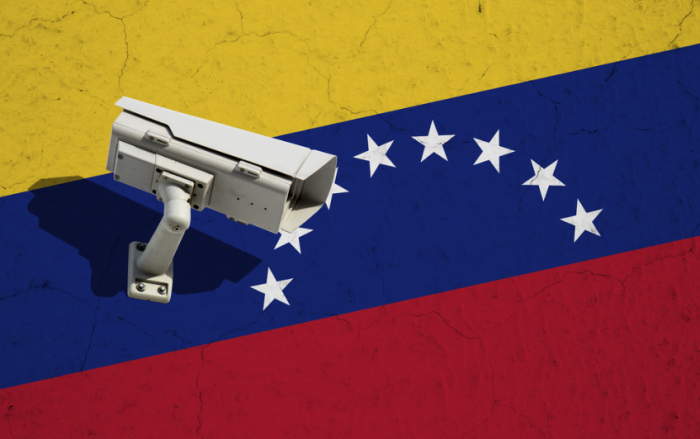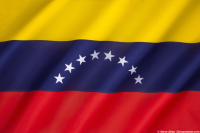
Online censorship and online surveillance has been gradually increasing in Venezuela. Especially that Venezuela is in a state of emergency due to the anti-government protests that have been ongoing for the past 2 months. These protests caused the death of more than 50 people and lots of tensions with the police that reached the extent of physical violence. These protests are mostly against president Nicolas Maduro, as he has been using the emergency powers to pass laws without going through the step of congressional approving.
President Maduro justified this by claiming that these laws and powers are being used to fight the “economic war“, but the actual actions taken like, applying taxes on basic products have turned the people against him.
Even though the use of smart phones and internet in general in Venezuela has risen exponentially in the past while, yet still a large percentage of the population relies on the national television as a source of news and information. This is not accurate since the media on the television in Venezuela is being highly restricted by the government. Any channel that broadcast any media that shows any opposition to the government was shut down. In addition to that, any anti-government journalists were harassed and arrested.
The next alternative after that was the use of SMS to send information and organize protests in Venezuela. At that point the president ordered an investigation in the mobile company Movistar under the umbrella that it was assisting in these protests against the government.
Protestors tried relying on online TV, however when the government found out they started censoring them as well. Many online TV services such as Vivoplay.net, Elcapitolio.tv, and Vpitv.com were all blocked.
Since the legal justification behind these blocks is unclear, the United Nations Human Rights Commission had to interfere and issues a statement condemning these actions as “the censorship and blocking of information both in traditional media and the internet”
United Nations Report
The report issued by the UN stated that a large part of the television media is under the full control of the government and the private sectors’ operations are restricted due to that the public authorities refused to renew their licenses even though they have been expired for more than 2 years. All these are considered non-compliant with international standards.
In light of all these restrictions protesters started to rely on other media and communication sources such as Instagram, Snapchat, WhatsApp, Facebook, and Twitter, which are more difficult to censor.
In response to this, president Maduro issued a presidential decree in the beginning of last month that authorized content filtering and online government surveillance. He justified this by stating that the internet is being used to promote hate speech and is posing a threat to the economy.
Conclusion
All these changes in Venezuela are moving it slowly in the same direction as most of the online dictatorship countries such as China. This is not only a major issue for the citizens of Venezuela, but it is considered a major violation of human rights. It is a violation of the part of the human rights covering the right to freedom of access to information and freedom of speech.


